Crocodiles in India
The ground inside the home was made out of uneven stacks of mud. The family that had invited me in didn’t have anything but offered me what they had. The offering was some kind of food, but it was impossible to know what it was made out of.
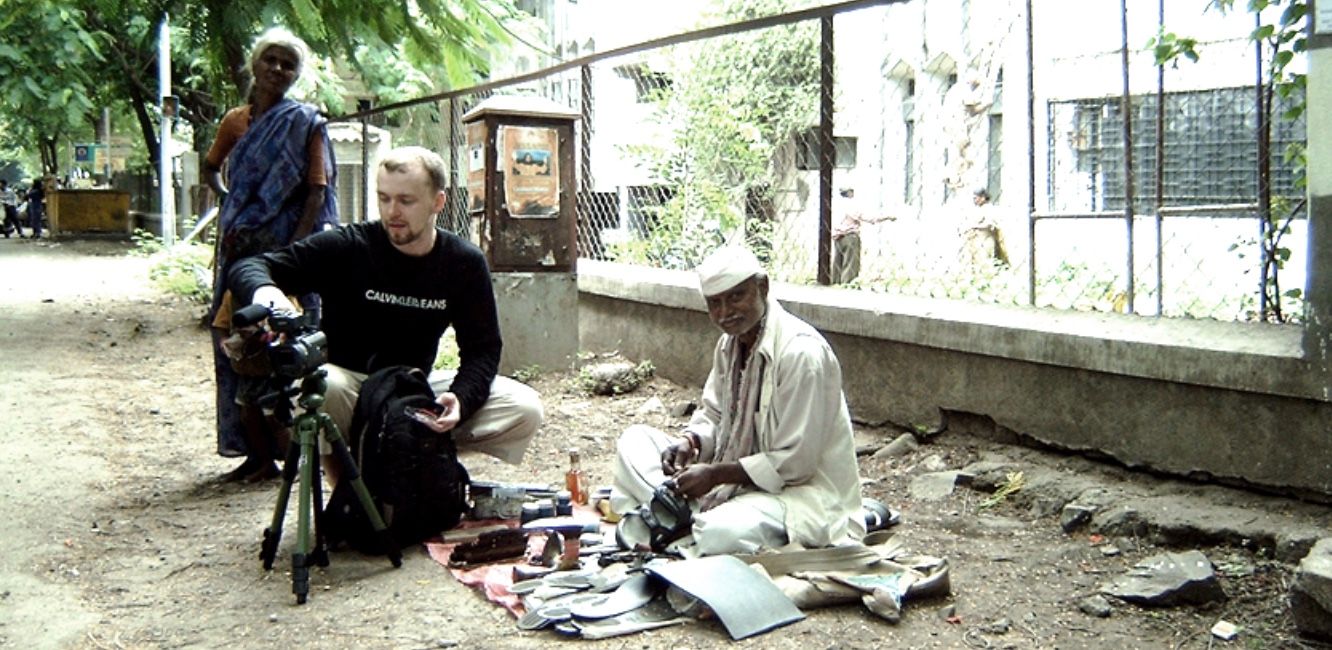
The ground inside the home was made out of uneven stacks of mud. The family that had invited me in didn’t have anything but offered me what they had. The offering was some kind of food, but it was impossible to know what it was made out of. Visiting the lowest cast on the banks of the Dahisar river in Mumbai wasn’t a time or a place to tell my hosts that I had a mild allergy to onions. It was a place where raw life showed its teeth, much like the crocodiles that were witnessed to be residing in the river till the late 1960s. Later, due to encroachments, dumping of industrial waster, and sewage from slums, the river became highly polluted. I was doing a documentary in India, my favorite kind, long, boring and incomprehensible.
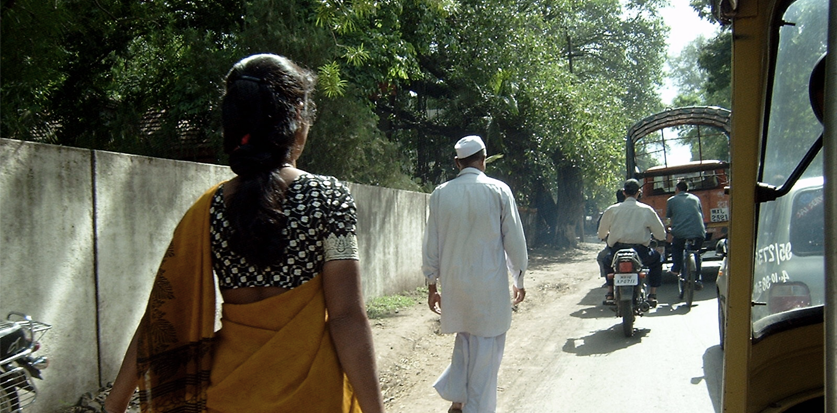
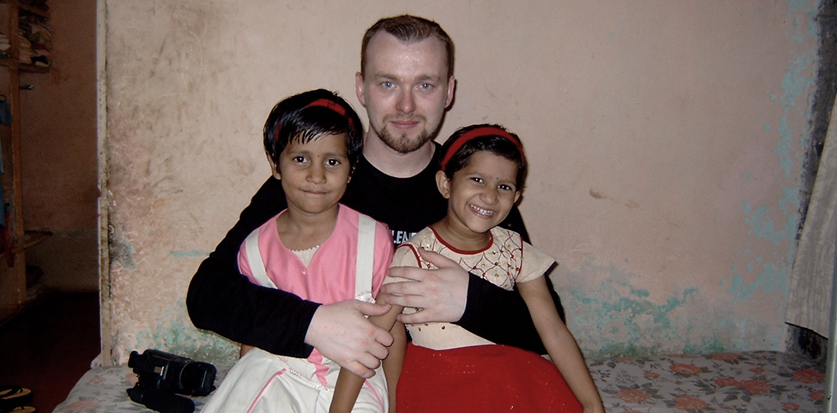
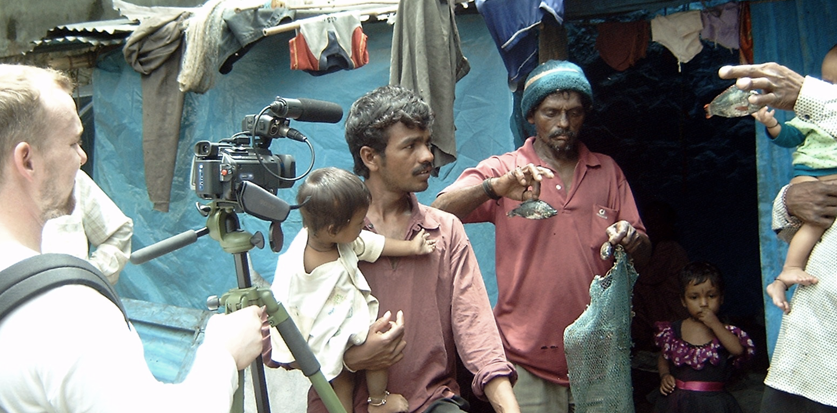
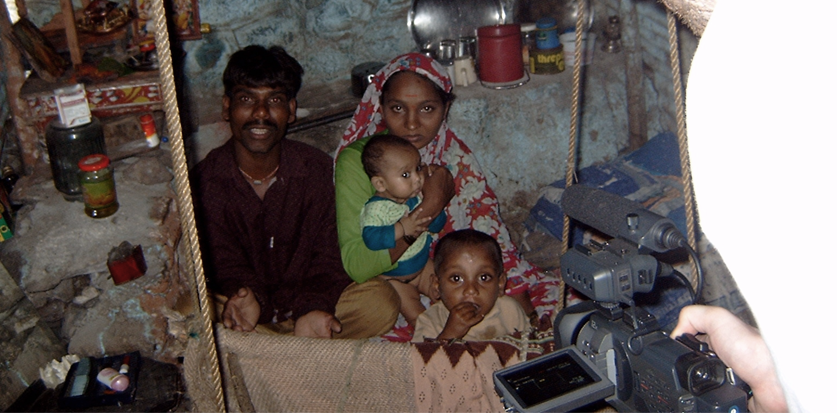
The family I was visiting was a part of a small community that build temporary huts out of rusted steel to provide shelter from the sun and heavy Indian seasons. The huts would consistently be torn down by city police, pushing the community to different places up and down the banks. The Man who had offered me the suspicious food was talking, and while the translator nodded along, I noticed his wife in the background, breastfeeding a newborn.
“I told the police it was pointless, we’d just build new ones, why play this game, tear down, build up.” My translator said. I was looking at the man, listening.
“They told me to go back to where I came from,” the man said. “But I told them, how can you push me back into my mother’s womb.”
I didn’t know anything about anything, not about casts, high or low, let alone India. But there was something hopeful about the man’s sense of humor, his wit of speech. He might not have gone to school, but someone before him had raised him and helped develop this ability to shame attackers. Wit, mud, and breastfeeding supported my approach to my craft, I was out there to prove that life was a non-linear adventure, clumsy and capable able to stand on its two feet.
